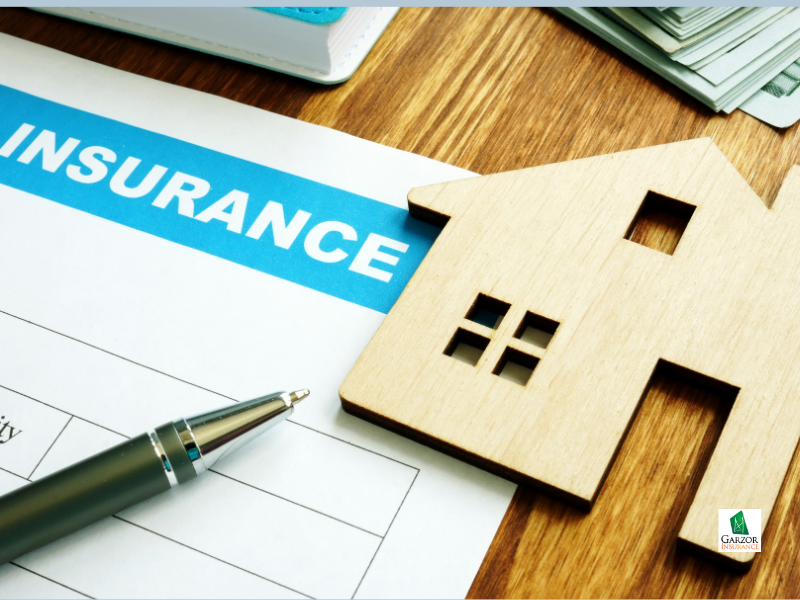
Insurance Do's and Don'ts for Florida Homeowners
Purchasing a home in Florida can be a dream come true, offering year-round sunshine and picturesque coastlines. However, living in the Sunshine State brings unique challenges—like hurricanes, floods, and rising insurance costs—that make having the right homeowners insurance policies not just a suggestion, but a necessity.
Whether you’re new to homeownership, shopping for a better policy, or looking to renew your coverage, understanding what to do (and what to avoid) can save you headaches, time, and money. This blog walks you through the essential do's and don'ts of homeowners insurance in Florida.
Key Things to DO When Getting Homeowners Insurance in Florida
1. DO Know Your Property's Risk Factors
Florida comes with specific risks like hurricanes, floods, and even sinkholes, depending on where you live. Before purchasing a policy, take the time to understand your property’s risk profile. Coastal areas may need windstorm coverage, while low-lying neighborhoods might benefit from flood insurance policies.
- Use tools like FEMA's flood maps to determine if you’re in a high-risk zone.
- Request a wind mitigation inspection, which can help identify ways to reduce your premiums by strengthening your home.
2. DO Compare Multiple Quotes
Insurance premiums in Florida can vary widely depending on the company. Always gather quotes from several providers to ensure you’re receiving the best value for the coverage you need. Online tools and brokers can make this process easier.
Pro Tip: Consider working with independent insurance agencies like Garzor Insurance, which can compare policies for you across multiple insurers.
3. DO Consider Add-Ons for Florida’s Unique Risks
Standard homeowners insurance doesn’t cover everything. Make sure to ask about additional policies you may need, such as:
- Flood Insurance: Even if it’s not required, heavy rains or storm surges could cause unexpected damage.
- Hurricane or Windstorm Coverage: Covers damage from high winds, which is a common risk in Florida.
- Sinkhole Insurance: Certain areas of Florida have higher risks of ground subsidence, making sinkhole coverage critical for peace of mind.
4. DO Review Deductibles and Limits Carefully
Many insurers in Florida add hurricane deductibles that are a percentage of your home's insured value—not a flat dollar amount. Be sure to:
- Understand how these deductibles work.
- Check if they align with your budget in case you need to file a claim after a storm.
5. DO Ask About Discounts
You could be eligible for discounts on your premiums. For example:
- Installing hurricane shutters or impact-resistant windows.
- Having a newer roof or using specific materials (ask for a wind mitigation inspection).
- Bundling your homeowners insurance with other policies, like auto insurance.
6. DO Read and Understand the Policy
Always read the fine print, especially exclusions. Some homeowners in Florida find out too late that their policies don’t cover flood damage, mold, or other critical risks.
Key Don'ts for Florida Homeowners Insurance
1. DON’T Assume Flood Damage is Covered
Many Florida homeowners make the mistake of assuming flood damage is included in a standard policy. Flood insurance must be purchased separately, typically through FEMA's National Flood Insurance Program (NFIP) or private insurers.
2. DON’T Neglect the Condition of Your Home
Insurers will assess the condition of your property before issuing a policy. Neglected maintenance—like a leaky roof or outdated wiring—could lead to higher premiums or policy denial. Keep your home in tip-top shape to avoid these complications.
3. DON’T Underinsure Your Property
While it may be tempting to choose a lower coverage amount to save on premiums, underinsuring your property could leave you financially exposed in the event of a disaster. Ensure your policy covers:
- The replacement cost of your home (not just its market value).
- The cost to replace personal belongings or valuables.
4. DON’T Overlook Policy Changes
Your home's insurance needs may evolve over time. For example:
- Major renovations might require an adjustment in your coverage amount.
- Updates like a new roof could qualify you for additional discounts.
Always review your policy annually to ensure it continues to meet your needs.
5. DON’T Wait Until Hurricane Season
If you’re trying to secure or update coverage during hurricane season (June–November), you might face delays or restrictions. Most insurers won’t allow you to alter or buy new policies once a storm watch or warning has been issued.
6. DON’T Skip the Claims History Report
Ask for a copy of the seller’s CLUE (Comprehensive Loss Underwriting Exchange) report when buying a home. Florida homes with frequent claims can raise red flags for insurers, potentially leading to higher premiums.
Building Peace of Mind with the Right Coverage
Purchasing homeowners insurance in Florida may feel overwhelming, but with the right knowledge, you can secure the best coverage for your needs. To recap:
- Do research your risks, compare quotes, and assess add-ons.
- Don’t make assumptions or procrastinate, especially when it comes to flood insurance or hurricane season.
When in doubt, seek professional advice. Insurance brokers, like the experienced agents at Garzor Insurance, specialize in tailoring policies to fit Florida homeowners' unique needs. Don’t leave your home—arguably, your most valuable asset—unprotected.